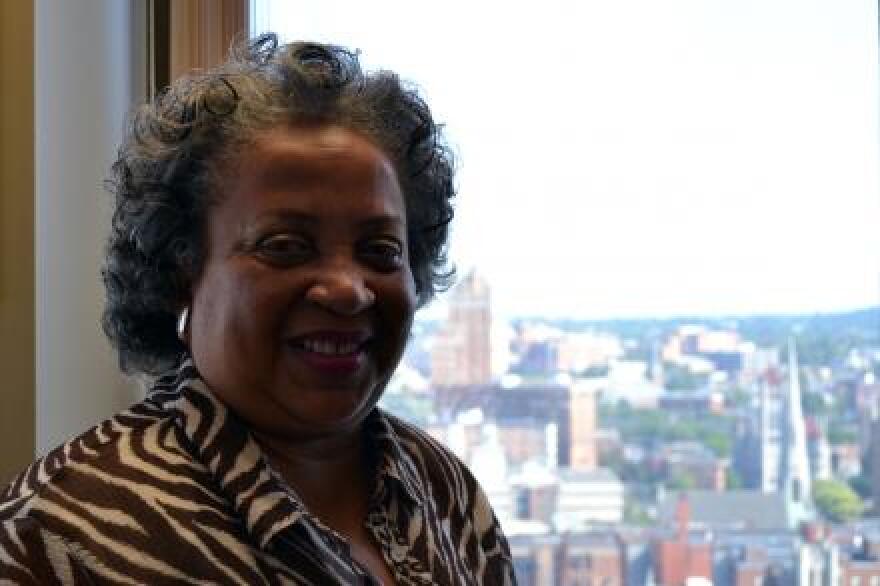Today is the 50th anniversary of the historic Civil Rights March on Washington. Across America, people are celebrating the journey of African-Americans since 1963. Here in central New York, Vicki Brackens, an African-American woman who has been a part of the business and financial community in Syracuse for 30 years, spoke with the Innovation Trail’s Ryan Delaney about being a minority entrepreneur.
Ryan Delaney: Looking out into the community, are there enough minority or underprivileged parts of this community getting the chances to get involved, or being reached to get involved in start-ups and innovations?
Vicki Brakens: No. I probably should just stop right there but the answer is no, and I’m not sure totally what the ultimate answer will be, but I think parts of the answer may be that we need to spend more time in communicating and we also need to spend more time trusting each other. I do believe that if everyone would take at least one or two steps towards each other that we could break down some tremendous barriers here in Syracuse.
Ryan Delaney: Are we going in the right direction?
Vicki Brakens: We’re going in the right direction, but we have to work on the perception that “it is not for me.” And some of the perception is possibly true because there may have been some missteps early on, but we need to actually get beyond some of those missteps. So, we’re in the right direction, for sure, but there is still a lot of work still to be done.
Ryan Delaney: I don’t want to get you in trouble if you don’t want to name them, but those missteps, can you elaborate on that at all?
Vicki Brakens: Here’s what I mean by missteps. Possibly, initially, let’s just say it that way, there wasn’t as much collaboration from all communities in some of the decisions that were made. And that misstep may have created an environment that still lingers that “my voice doesn’t count.”
Ryan Delaney: Looking back 50 years, and what’s happened and what’s changed, have you been doing any reflecting, or have you thought about how much easier it is now as an African-American woman to be doing all the things, you know, this lengthy resume that you have?
Vicki Brackens: I’m an African-American woman who is in a technology business and in financial services, which is probably 98 percent male, so I’m not sure if easier is a good way of describing it. What I would say is that there is more recognition of the fact that we need to expand the base of individuals who are participating if we are going to solve some of these problems. What I would say is easier though is the information is more accessible. There is a realization that all of us have to pull together, but we still have some barriers.
Ryan Delaney: Hypothetical situation here. Say you’re wandering the halls of the Southside Innovation Center and you bump into a twenty-something African-American woman who has got a big cardboard box in her hands and is just moving into office space down there, about to start her business. What would you tell her?
Vicki Brakens: I think the first thing I would say is to understand that dreams do come true, but not overnight. Work is involved in making instant successes; there are a lot of things that are happening in the background. So understand that dreams do come true, but they don’t come true overnight. You’re going to have to face constant challenges and adapting to your environment is important. And finally, if you don’t succeed the first time, it doesn’t mean you were a failure, it may just mean it wasn’t the right product or it wasn’t the right time.
Ryan Delaney: Vicki Brakens, an entrepreneur and financial mentor, thanks so much for taking the time.
Vicki Brakens: Thank you.






